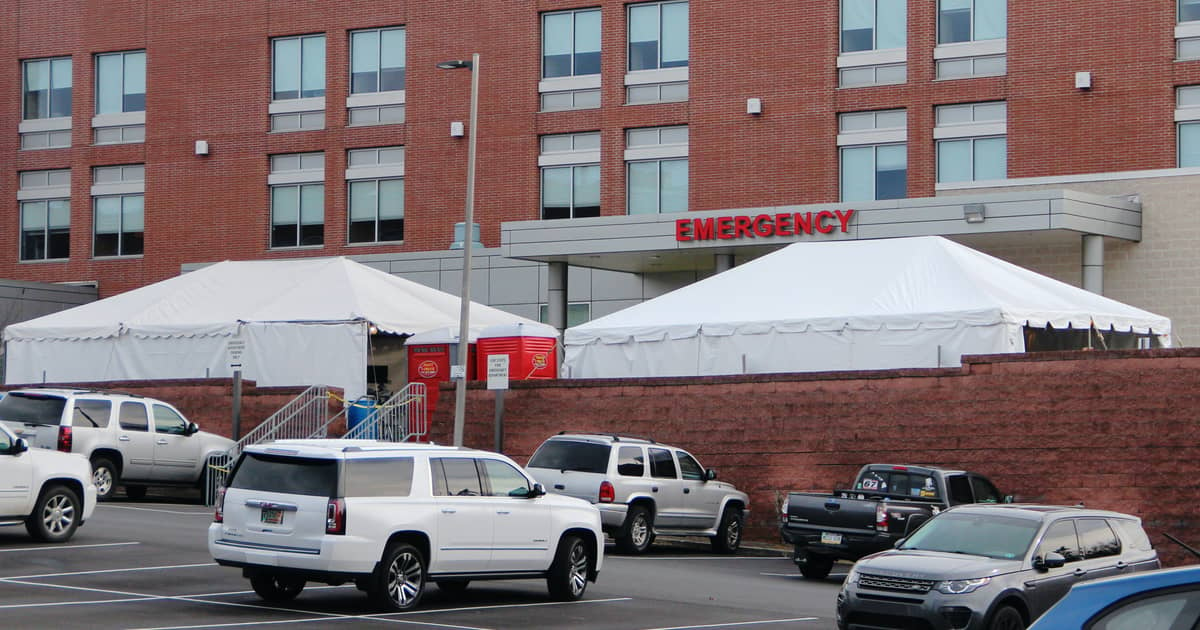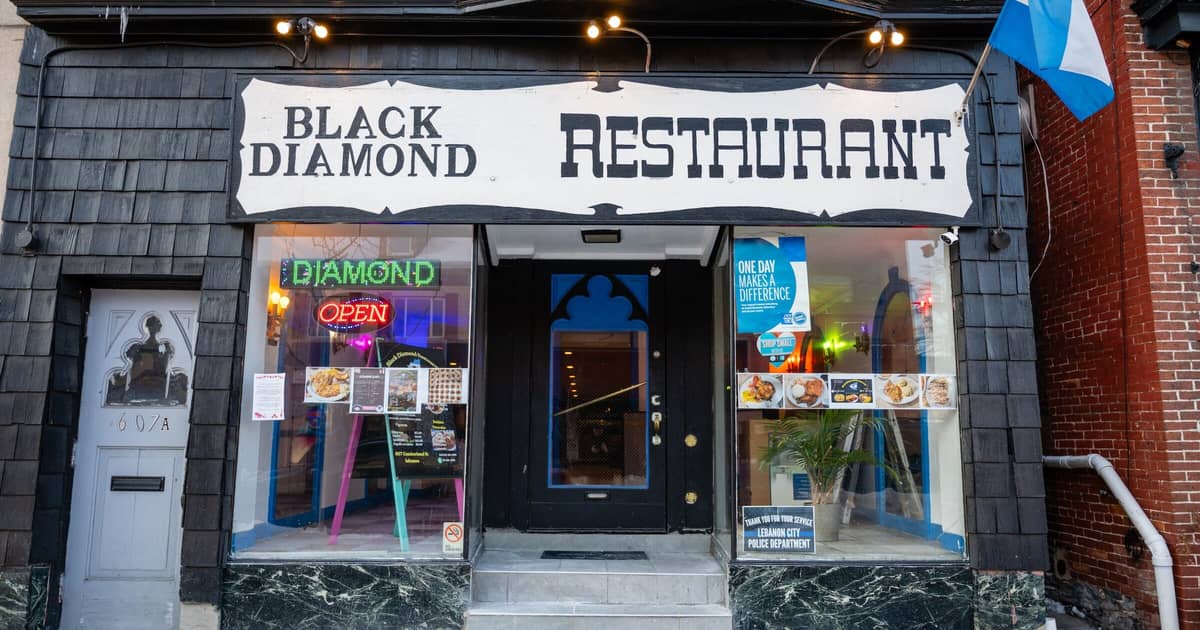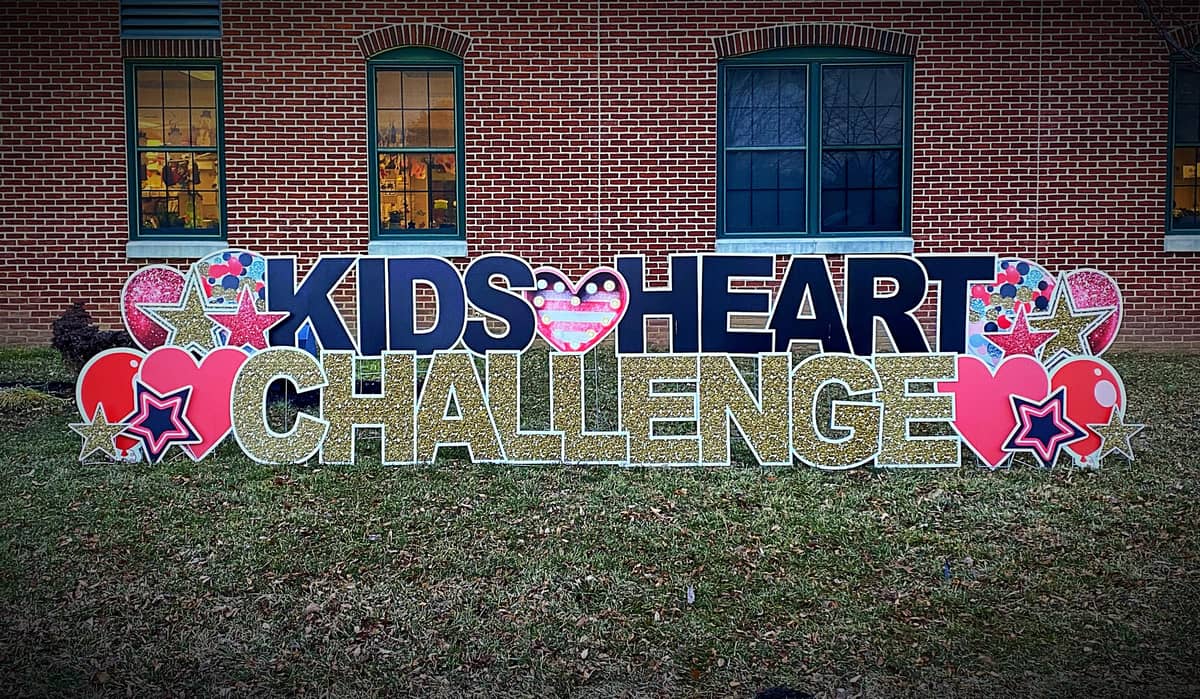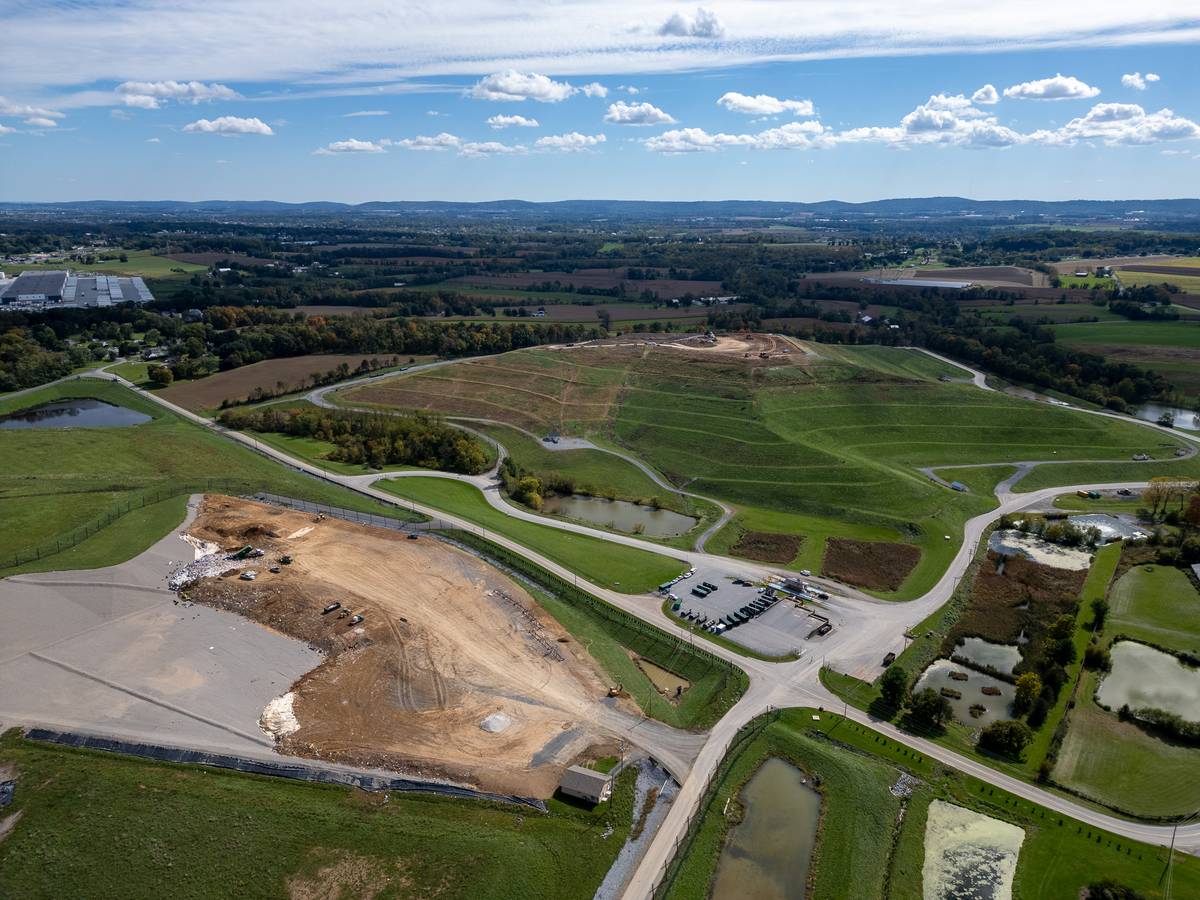Area hospital systems are working to keep both the community and staff safe as they treat patients affected with COVID-19 virus.
During an April 8 video conference hosted by the Lebanon Valley Chamber of Commerce, Dr. John Goldman, an infectious disease specialist with UPMC Pinnacle, said there’s been a strong increase in COVID-19 cases in the state, but they tend to be coming up from Philadelphia, which currently has 27% of the state’s overall confirmed cases.
“I think that the social distancing that has been put in place early here has helped bend the curve, so this has placed less of a strain on medical capacity,” Goldman said. “A lot of the projections say that in the next one to two or three weeks we’ll see the peak in Pennsylvania. We’re hopeful that we’ll manage to avoid some of the crisis that we see in other parts of the country.”
The Institute for Health Metrics and Evaluation has also been maintaining an infectious disease model that looks at projected coronavirus cases and expected demand on hospital resources. That model suggests a peak for Pennsylvania may occur as early as next week, although that projection may be biased towards Philadelphia and northeast Pennsylvania where cases cropped up earlier than in other parts of the state.
With multiple indicators suggesting that social distancing has been generally respected in Lebanon County, the medical community is reassuring the public that the measures are having the intended effect and asking the public to nonetheless remain vigilant and stay home for the time being.
Here’s what WellSpan Health, whose facilities include the 163-licensed bed WellSpan Good Samaritan Hospital, Lebanon Veterans Affairs Medical Center, UPMC Pinnacle, and Penn State Milton S. Hershey Medical Center representatives reported regarding their efforts in this pandemic.
WellSpan Health
WellSpan Health announced April 3 that its network of non-emergency care locations for COVID-19 will grow to 10 locations throughout south central Pennsylvania by April 10. According to a press release, patients who have no emergent health needs and are either confirmed or suspected by a healthcare care provider to have COVID-19 can visit these care locations for non-emergency treatment of health concerns. The Lebanon County location is WellSpan Pediatric Medicine, 850 Tuck St. It will treat all patients, not just pediatric patients.
“WellSpan is taking proactive action to help slow the spread in our community,” said Dr. Thomas McGann, M.D., executive vice president for clinical practice at WellSpan Health, “As this disease continues to spread across our community, more people are going to become infected, and some will have non-emergency medical needs. These care locations will ensure those who are confirmed or suspected to be positive for COVID-19 can get the non-emergency care they need, while also protecting others in the community from potential exposure.”
He said most patients who contract COVID-19 will experience mild, or no symptoms at all, and will not need to be hospitalized. For those individuals, a dedicated care location provides them with access to treatment for any non-emergency health concerns, either related or unrelated to COVID-19.
On April 9, WellSpan announced its intention to double intensive care unit (ICU) beds at its acute care hospitals throughout southcentral Pennsylvania to handle an anticipated sharp rise in patients needing hospital care. WellSpan will use operating rooms and recovery bay areas currently not in use due to the organization’s decision to postpone non-urgent procedures and surgeries. Good Samaritan has 18 critical care beds, with the capacity to at least double that number.
“We are preparing thoughtfully for what we know is coming and the strain it will place on our hospitals,” said John Porter, WellSpan executive vice president and COO.
To help with the anticipated influx of patients, Porter said that some staff is being redeployed to the hospitals that have the greatest needs. Facilities such as the inpatient rehabilitation unit at WellSpan Dixon Foundation Health Center, 30 N. 4th St, Lebanon, are no longer accepting new admissions, and all existing patients are being discharged as of Thursday, April 9. This will make more beds available to care for patients during the COVID-19 pandemic.
The health system has also increased its availability of alternative care options that do not require patients to visit a site in-person. Options include WellSpan Online Urgent Care as well as video visits, phone visits and e-visits conducted by WellSpan providers. In the last two weeks of March, WellSpan physicians and advanced practice clinicians conducted over 4,000 video visits and more than 9,000 telephone visits. WellSpan is now conducting 40% of its total medical practice through these new care alternatives.
“We work every day to re-imagine healthcare, and COVID-19 is pushing that innovation to the forefront,” McGann said.
WellSpan does not release information on current in-patient censuses across its network.
Lebanon Veterans Affairs Medical Center
Douglas Etter, Lebanon VAMC Chief Communications Officer, said in an April 7 email statement that the medical center has specifically designated space for the care and treatment of veteran patients diagnosed with COVID-19. The space has negative pressure rooms, cardiac monitors, ventilators and all the assistive technology and support needed to care for these brave guardians of the nation. The email indicated that the medical center maintains close contact with its community partners and regularly communicate about contingency operations.

According to information about the medical center posted on the U.S. Department of Veterans Affairs website, the facility has a total of 188 beds including 49 hospital beds and 76 nursing home beds. According to a Feb. 12 piece on Channel 69, a 13-bed intensive care unit (ICU) opened that day. The ICU is equipped with tele-ICU capability, which connects specialist doctors and nurses at other VA facilities with patients in need of constant care at the hospital in Lebanon. The medical center serves a nine county area—Adams, Berks, Cumberland, Dauphin, Lancaster, Lebanon, Perry, Schuylkill and York counties—and oversees six clinics in the service area.
As of April 9, the Lebanon VA Medical Center reported having eight outpatients and four inpatients currently under treatment for COVID-19.
Penn State Hershey Medical Center
“For now, capacity and operations at Penn State Health Milton S. Hershey Medical Center continues as normal,” Barbara Schindo, Hershey Medical Center media relations specialist, said in an April 9 email, “ We have the capacity to handle multiple, additional COVID-19 patients, if needed.”
According to the medical center’s website, it has 548 licensed beds. Schindo indicated that patients with suspected or confirmed COVID-19 are separated from other inpatients, and the facility will be able to maintain separation through a potential surge in patients. She noted that Penn State Health leadership has been working around the clock, adapting procedures and policies and preparing its teams to best respond to the COVID-19 pandemic.
“Part of that extensive planning is designating areas of the hospital exclusively for COVID-19 patients, and preparing for a potential surge while ensuring they are separated from other inpatients. These plans involve coordination of our intensive care units, operating rooms, and the conversion of regular patient rooms into rooms capable of intensive care activity, such as negative pressure isolation,” Schindo said, “We have also begun using patient cohort strategies in our conducting of patient imaging. We have established separate processes and identified distinct equipment and locations for doing x-rays for symptomatic patients vs. non-symptomatic patients.”
Additionally, to provide the communities it serves with a picture of how the COVID-19 pandemic is impacting our staff and health care facilities, Penn State Health launched a dashboard on its public website more than a week ago. The dashboard provides the number of confirmed and suspected patients that our hospitals—Penn State Health Milton S. Hershey Medical Center in Hershey and Penn State Health St. Joseph in Reading—are caring for. The dashboard, located here, is updated once a day.
As of April 9, the dashboard reported eight patients under investigation at the Hershey Medical Center and another 22 who were confirmed COVID-19 positive patients. St. Joseph Medical Center was listed as having two patients under investigation and 22 confirmed patients.
UPMC Pinnacle, potential UPMC vaccine
Information on the UPMC Pinnacle website indicates that its Harrisburg hospital has 377 beds. Dr. Goldman said by cutting back on procedures, the hospital is nowhere near full, and was not anywhere near its ICU bed capacity. “We are in active planning on what to do if we’re surprised, and we see an increase instead of a decrease in cases. We’re actively trying to expand our testing. We’re actively trying to make sure we have enough masks to protect our providers. Because of the social distancing, we’ve been able to avoid the surges that have been seen in other parts of the country. I think everyone in the area has continued to provide extremely high quality patient care,” he said.
Goldman said the Gates Foundation has put its first vaccine into trial, and UPMC has developed a vaccine that’s placed on the arm like a Band-Aid—the health system is currently applying to the FDA. “What will really stop this pandemic is either a vaccine or effective solutions or treatments. Right now, we really do not have effective treatments for this virus,” he said, “The vaccines, we hope, are six to 18-months away.”
He cautioned about loosening social distancing as the number of cases decrease since it’s possible the virus could come back. “There are some concerns we may see a decrease in the summer, but we may see a recurrence in the fall. In the flu epidemic of 1918, the wave in the spring was less intense in the spring than in the fall. We’re hopeful that we have avoided the surges we’ve seen in other parts of the country and that we’ll have a vaccine available in the fall.”
Read More: 100 years ago, Lebanon grappled with a very different pandemic—the Spanish flu
Read all of LebTown’s COVID-19 coverage here.
Is there a story you think LebTown should report? Let our newsroom know using the form below.
Help us provide journalism Lebanon County needs.
If you are thankful for LebTown, consider joining as a member. Members get an inside look at our publishing schedule each week, plus invites to a members-only Facebook group and happy hours.
Learn more and join now here.
Subscribe to our newsletter for updates each weekday at 3 p.m.
Full Disclosure: WellSpan Health is an advertiser on LebTown at present. LebTown does not make editorial decisions based on advertising relationships and advertisers do not receive special editorial treatment. Learn more about advertising with LebTown here.























